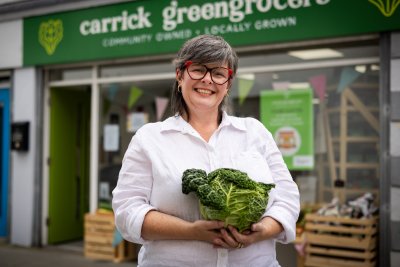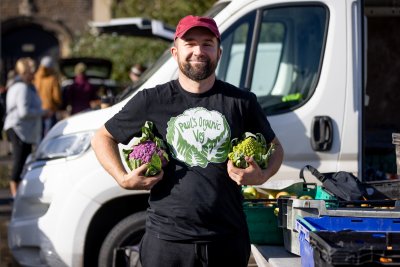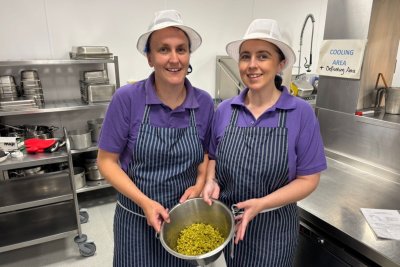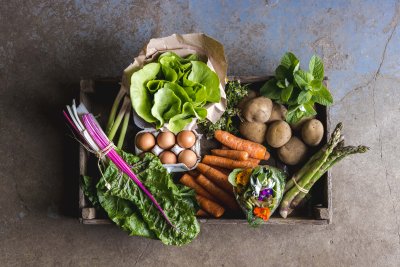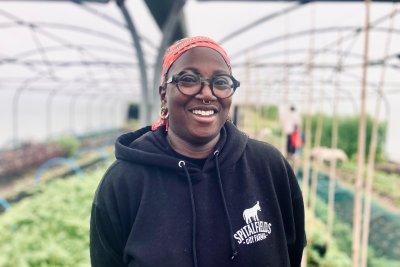The deal, concluded in April but not yet approved by the European Parliament, provides that Chile and the EU will recognise the equivalence of their organic production rules and control systems, meaning that products produced to organic standards in the EU can be freely sold in Chile, and vice versa. Supporters of the deal say it will increase markets for organic food and spread understanding of organic production systems, which in turn contribute to environmental protection. The EU already has administrative arrangements enabling long-distance trade in organics, for example with India and Argentina, but this is the first full treaty -- hailed as the first of a 'new generation'.
But some MEPs are arguing that the long-distance transportation involved, by plane or ship, and the carbon emissions arising, may undermine the benefits gained, and say the EU's efforts would be better directed at increasing EU organic production, to satisfy burgeoning demand. Read the full story on Euractiv here.
The Sustain alliance campaigns for greener, healthier and fairer food systems. Find out more about our activities here.
Sustain: Sustain The alliance for better food and farming advocates food and agriculture policies and practices that enhance the health and welfare of people and animals, improve the working and living environment, enrich society and culture and promote equity.

